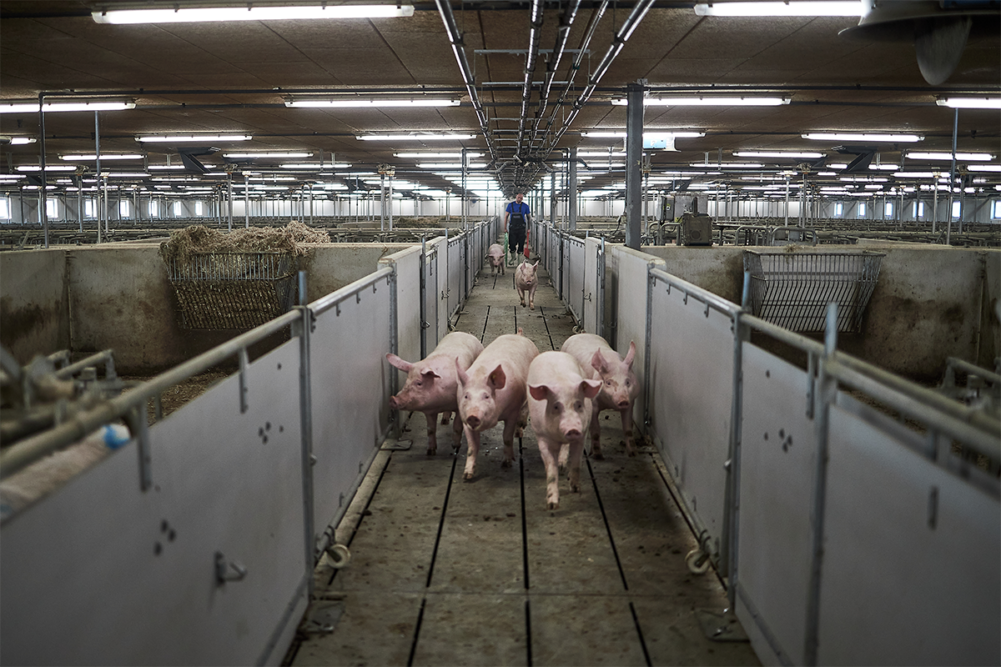WASHINGTON — Despite a number of obstacles appearing before the pork industry this past year, producers and processors continue to persevere in their efforts to responsibly raise and produce pork. An industry update organized by the National Pork Producers Council (NPPC) on Sept. 12 noted the market’s success in generating nearly $57 billion to the gross domestic product, among other notable contributions.
“I’d be a little remiss if I didn’t acknowledge that this has been a bit of a challenging year for the pork industry, but I’d like to share a few reminders of how important the industry is, not only to America, but to the rest of the world,” said Bryan Humphreys, NPPC chief executive officer. “We market approximately 140 million pigs a year, support more than 610,000 jobs, purchased more than 1.6 billion bushels of corn, export $7.6 billion worth of product to more than 100 countries, and we contribute almost $57 billion to the GDP.”
Considerably one of the most challenging developments for the industry has been the recent state laws affecting pork production, namely California’s Proposition 12 and Massachusetts Question 3 (Q3).
Michael Formica, chief legal strategist for NPPC, said at this point there are limited legal actions to take to fight the adoption of these laws.
“With regard to future similar ballot initiatives, we continue to watch the battleground and prepare for future fights,” he said.
In NPPC’s opposition against Q3, the group was able to negotiate a modification to the original implementation date. The new agreed upon implementation date was Aug. 23, 2023, meaning that pork harvested any time after that date is subject to enforcement of Q3. The rule was further amended to adjust transshipment requirements.
“One of our main concerns with Question 3 — beyond the Prop 12 housing standards that it was trying to impose — was unique to Massachusetts in that the Department of Agriculture interpreted that the law is not allowing pork to move through the state of Massachusetts into other states in New England,” Formica explained. “They’ve also taken position that non-compliant pork couldn’t move through Massachusetts to be sold to a federal facility, whether it’s a veteran's home, an Army base, Coast Guard base.”
The Department of Agriculture agreed to allow the movement of pork through a distributor in Massachusetts if it ultimately will be sold outside the state. Formica noted the significance of this agreement, considering Massachusetts is the largest distribution center for New England.
“We’ll get a permanent solution to this transshipment issue and then there are some other lingering issues we have with Question 3 that need to be addressed in subsequent rulemakings,” he said.
NPPC voiced its support for the EATS Act, which is under consideration for being included in the 2023 Farm Bill.
“Thank you to the sponsors of the EATS Act for being willing to jump in there and begin the conversation on behalf of an industry that this is a real problem for and recognizing that, as we believe, this starts a conversation, but it goes beyond the pork industry — that this is a struggle that agriculture could face, that many other industries could face,” Humphreys said.


